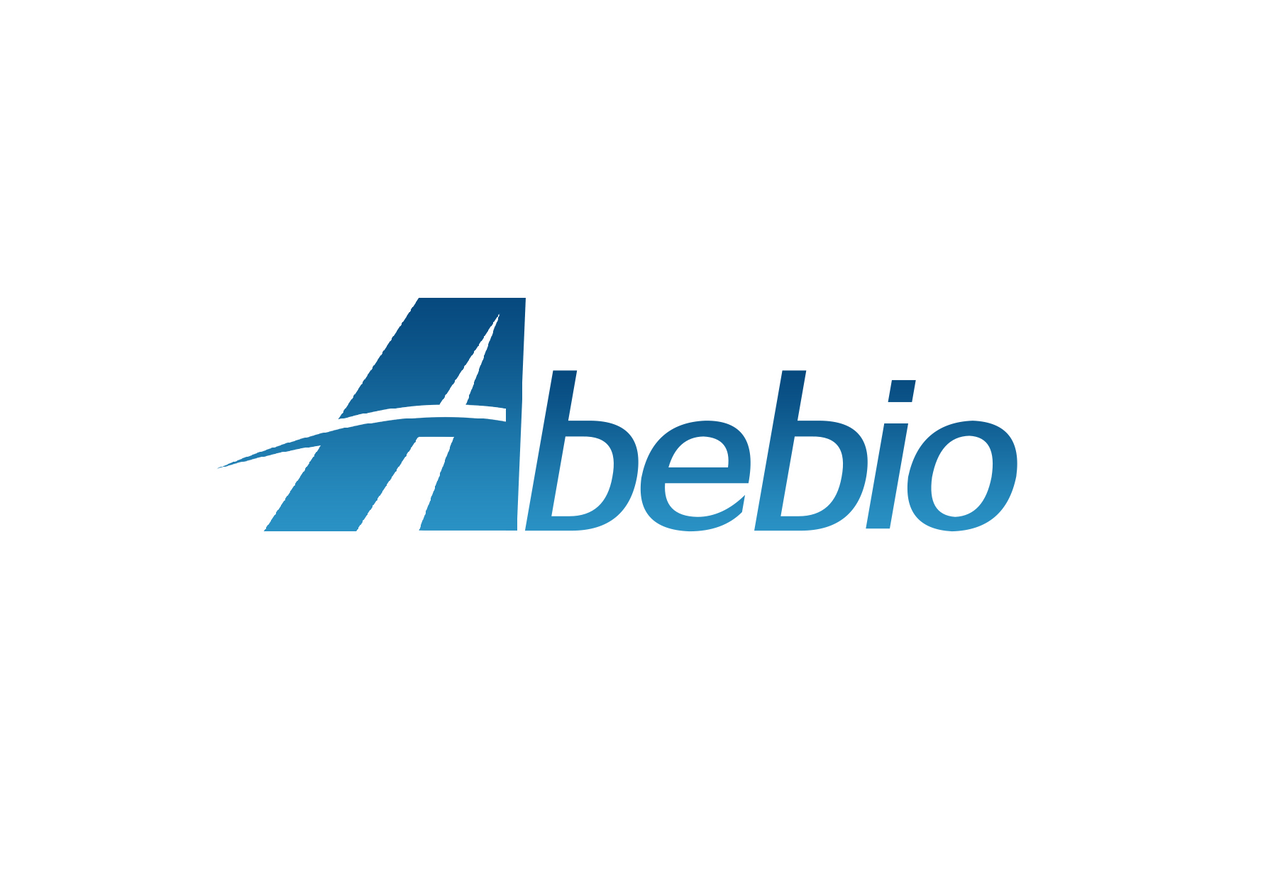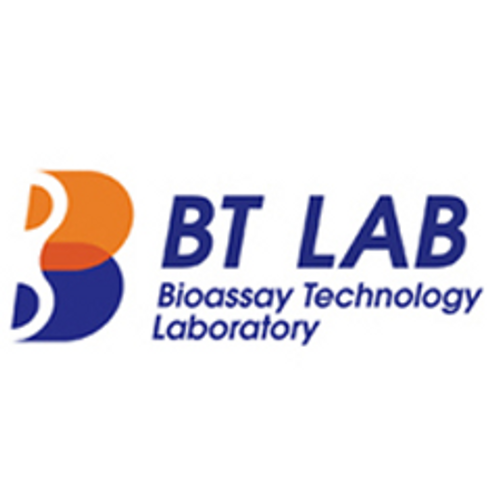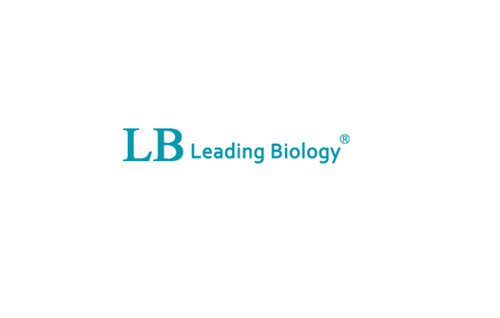Product Description
Sheep C-C motif chemokine 2 (CCL2) ELISA Kit | AE63286SH | Abebio
Species Reactivity: Sheep (Ovis aries)
Abbreviation: CCL2
Alternative Name: GDCF-2; HC11; HSMCR30; MCAF; MCP-1; MCP1; MGC9434; SCYA2; SMC-CF; monocyte chemoattractant protein-1|monocyte chemotactic and activating factor|monocyte secretory protein JE|small inducible cytokine
Application: ELISA
Range: Request Information
Sensitivity: Request Information
Intra-Assay: ≤5.1%
Inter-Assay: ≤6.9%
Recovery: 0, 97
Sample Type: Serum, Plasma, Other biological fluids
Detection Method: Sandwich
Analysis Method : Quantitive
Test Principale: This assay employs a two-site sandwich ELISA to quantitate CCL2 in samples. An antibody specific for CCL2 has been pre-coated onto a microplate. Standards and samples are pipetted into the wells and anyCCL2 present is bound by the immobilized antibody. After removing any unbound substances, a biotin-conjugated antibody specific for CCL2 is added to the wells. After washing, Streptavidin conjugated Horseradish Peroxidase (HRP) is added to the wells. Following a wash to remove any unbound avidin-enzyme reagent, a substrate solution is added to the wells and color develops in proportion to the amount of CCL2 bound in the initial step. The color development is stopped and the intensity of the color is measured.
Product Overview: CCL2 is a small cytokine belonging to the CC chemokine family that is also known as monocyte chemotactic protein-1 (MCP-1) . This chemokine is produced predominantly by macrophages and endothelial cells and is a potent chemotactic factor for monocytes as a protein precursor containing signal peptide of 23 amino acids and a mature peptide of 76 amino acids. It is a monomeric polypeptide, with a molecular weight of approximately 13kDa.CCL2 recruits monocytes, memory T cells, and dendritic cells to sites of tissue injury and infection. Expression of this proinflammatory chemokine is increased in atherosclerotic lesions, and inhibition of its expression or that of its receptor, CC chemokine receptor 2 (CCR2), reduces the extent of atheroma formation in hypercholesterolemic mice.
Stability: The stability of ELISA kit is determined by the loss rate of activity. The loss rate of this kit is less than 5% within the expiration date under appropriate storage condition. The loss rate was determined by accelerated thermal degradation test. Keep the kit at 37°C for 4 and 7 days, and compare O.D.values of the kit kept at 37°C with that of at recommended temperature. (referring from China Biological Products Standard, which was calculated by the Arrhenius equation. For ELISA kit, 4 days storage at 37°C can be considered as 6 months at 2 - 8°C, which means 7 days at 37°C equaling 12 months at 2 - 8°C) .
 Euro
Euro
 USD
USD
 British Pound
British Pound
 NULL
NULL








